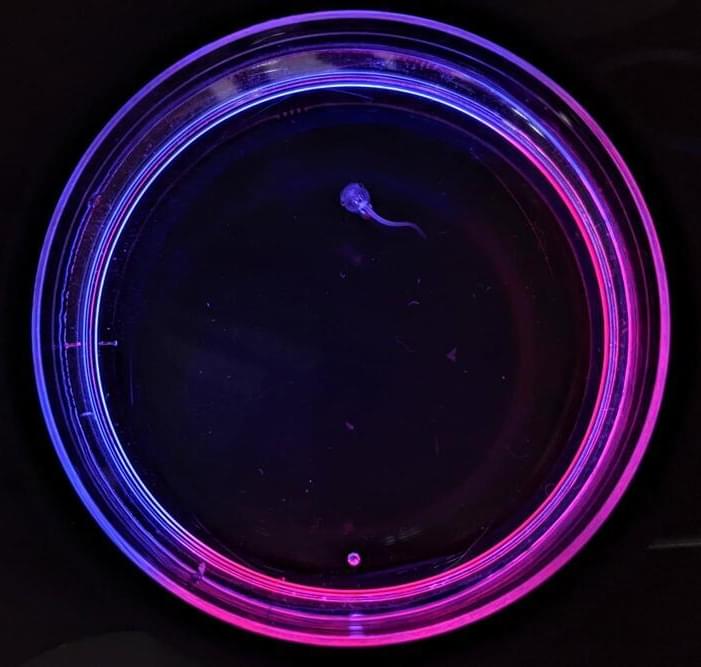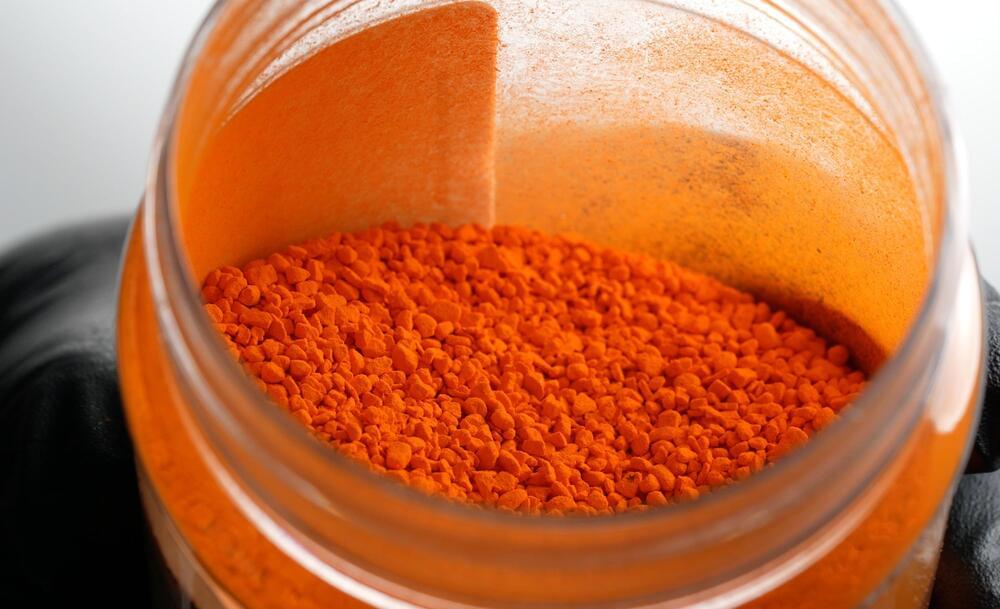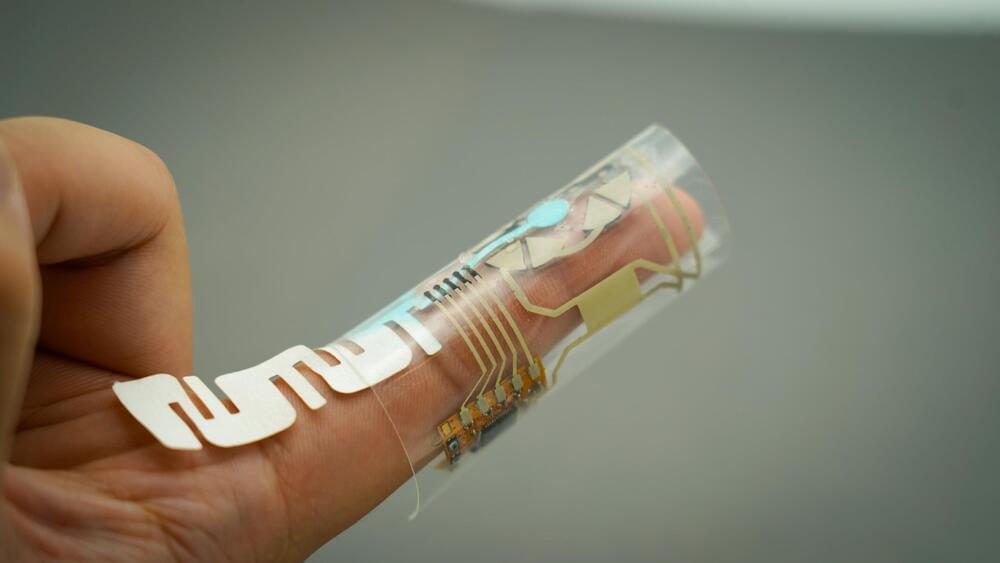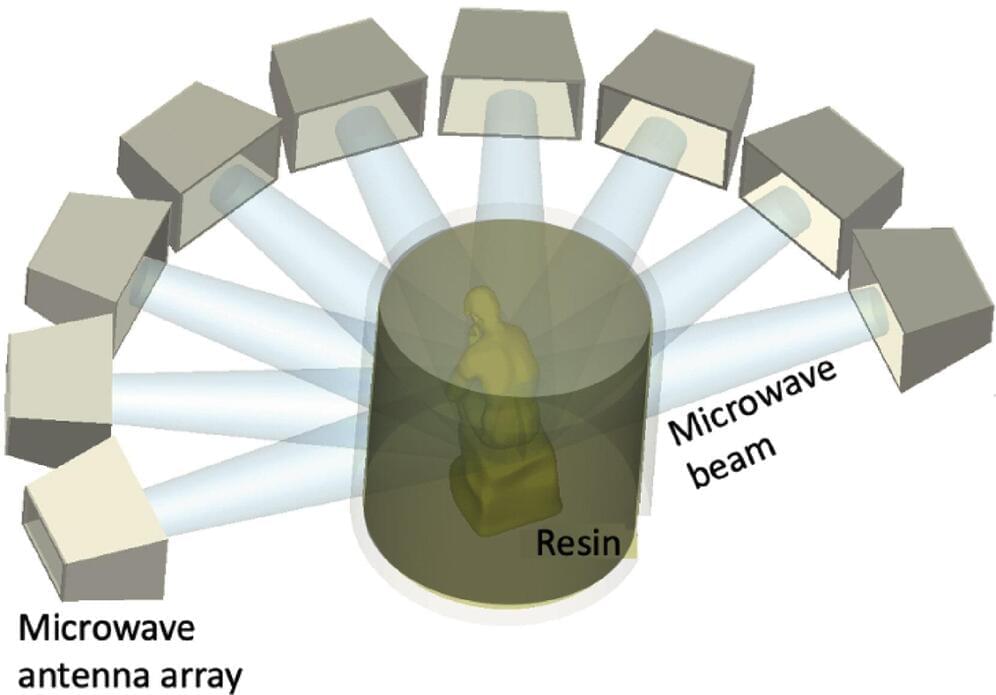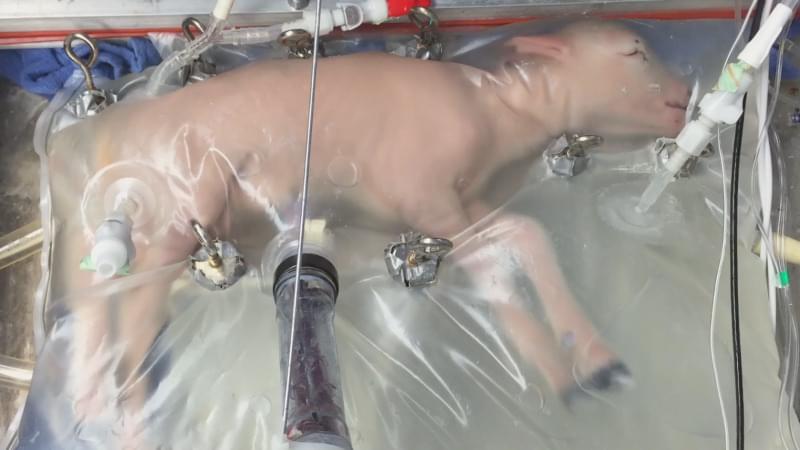Could buy patients more time to survive critical injuries and diseases, even when disaster strikes far from a hospital.
Donepezil, an FDA-approved drug to treat Alzheimer’s, has the potential to be repurposed for use in emergency situations to prevent irreversible organ injury, according to researchers at the Wyss Institute for Biologically Inspired Engineering at Harvard University.
Using donepezil (DPN), researchers report that they were able to put tadpoles of Xenopus laevis frogs into a hibernation-like torpor.
